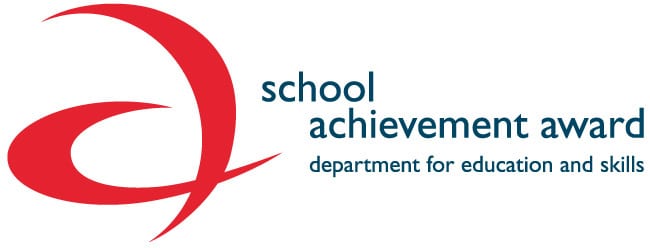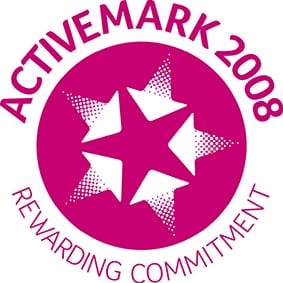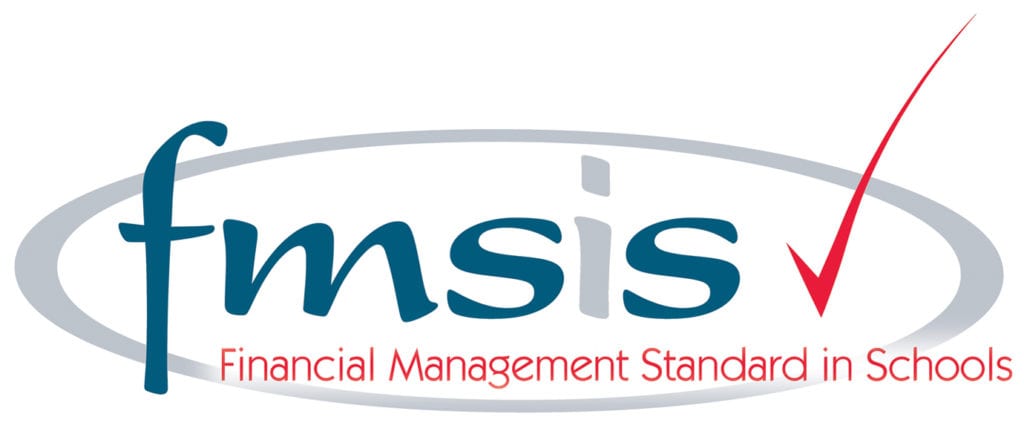Characteristics of Effective Learning
In planning and guiding children’s activities, practitioners must reflect on the different ways that children learn and reflect these in their practice.
Three characteristics of effective teaching and learning are:
- playing and exploring – children investigate and experience things, and ‘have a go’.
- active learning – children concentrate and keep on trying if they encounter difficulties, and enjoy achievements; and
- creating and thinking critically – children have and develop their own ideas, make links between ideas, and develop strategies for doing things.
The Nursery environment is carefully planned to enhance children’s learning and development in each area of learning. As the children play inside or outside, carefully chosen equipment, and questioning and support from Nursery staff means that children’s learning and progress is accelerated. We take notes of how children’s skills are developing and plan for the next steps in learning.
Each week Nursery staff have a planning meeting where we discuss the children’s learning progress and how we change/add to their environment to support their developing skills. Some skills need to be specifically taught such as learning how to use scissors – and this is done through our small group times. When children have tried a new skill/new activity at group time, it often gives them the confidence to choose this activity again when making their own choices for play.
Daily Routines
When children arrive in Nursery, they are supported to take off coats etc. and find their names for self-registration. We then have a short carpet session where children can tell their news, sing our Hello song and staff will tell the children what is new to look out for in the Nursery.
Staff will also have key objectives to teach.
This session lasts for approximately 20 minutes.
The children then leave the carpet session to go and ‘play’ in the Nursery. Areas of learning are set up within the main classroom and the children access these independently. Materials are changed regularly within each area but some things are there all year round for the children to use (continuous provision).
Our main indoor areas are:
- A Role Play Area
- Maths Area
- Mark Making Area
- Reading Area
- Building/Construction Area
- A Creative Area
- Small World Area
- Curiosity corner
- Loose parts
- Investigation
- Fine Motor Control Area
- Dough/ Malleable Area
Our outside areas include:
- Water Area
- Sand Area
- Digging Area
- Reading Area
- Building/Construction Area
- Role Play Area
- Gardening Area
- Mark Making Area
- Physical Area
Children’s Interests
Staff observe the children at play, taking notes of what they are doing and what their interests are.
This information is discussed at daily planning meetings and we decide how to adapt our areas to provide what the children want and need.
Staff ‘play’ alongside the children, skilfully questioning them in order to develop the children’s thinking and to challenge their play.
Snack
We run a self-service rolling snack area where children can choose to come and sit in social groups when they are ready for a snack. The children are taught the routines of the area and they choose their snack which varies from day to day. It could be toast, cheese and crackers, fruit or something the children have baked. Children can choose between milk and water to drink. Any allergies or dietary requirements are catered for.
Group snack time is a great time for reinforcing manners, helping friends by giving out the snack and drinks, number work i.e. counting out the cups or cartons of milk etc. It is a valuable learning time.
Depending on how many staff we have in the setting on a daily basis depends whether we run a free flow day where the children can choose to be indoors or outdoors for the whole session, but for safety reasons we sometimes need to run a more timetabled day regarding whether all children are choosing to play indoors or outdoors together.
The children take charge of their own learning by choosing an area to work in and choosing how they would like to use those resources in that area. Staff will encourage, question, challenge and support the children in doing this through skilful questioning and playing alongside the children.
Directed tasks
Throughout the session children will be asked to join different groups for directed teaching activities such as phonics, speech and language activities, dough disco, squiggle whilst we wiggle etc.
Story Session
At the end of each session, the children meet again for a story. This is a lovely way to end the session.
We end each session by reading one of our ‘Favourite Five’ stories. The children have to use their listening skills, show they have understood the story by answering questions and join in with repeated refrains.







